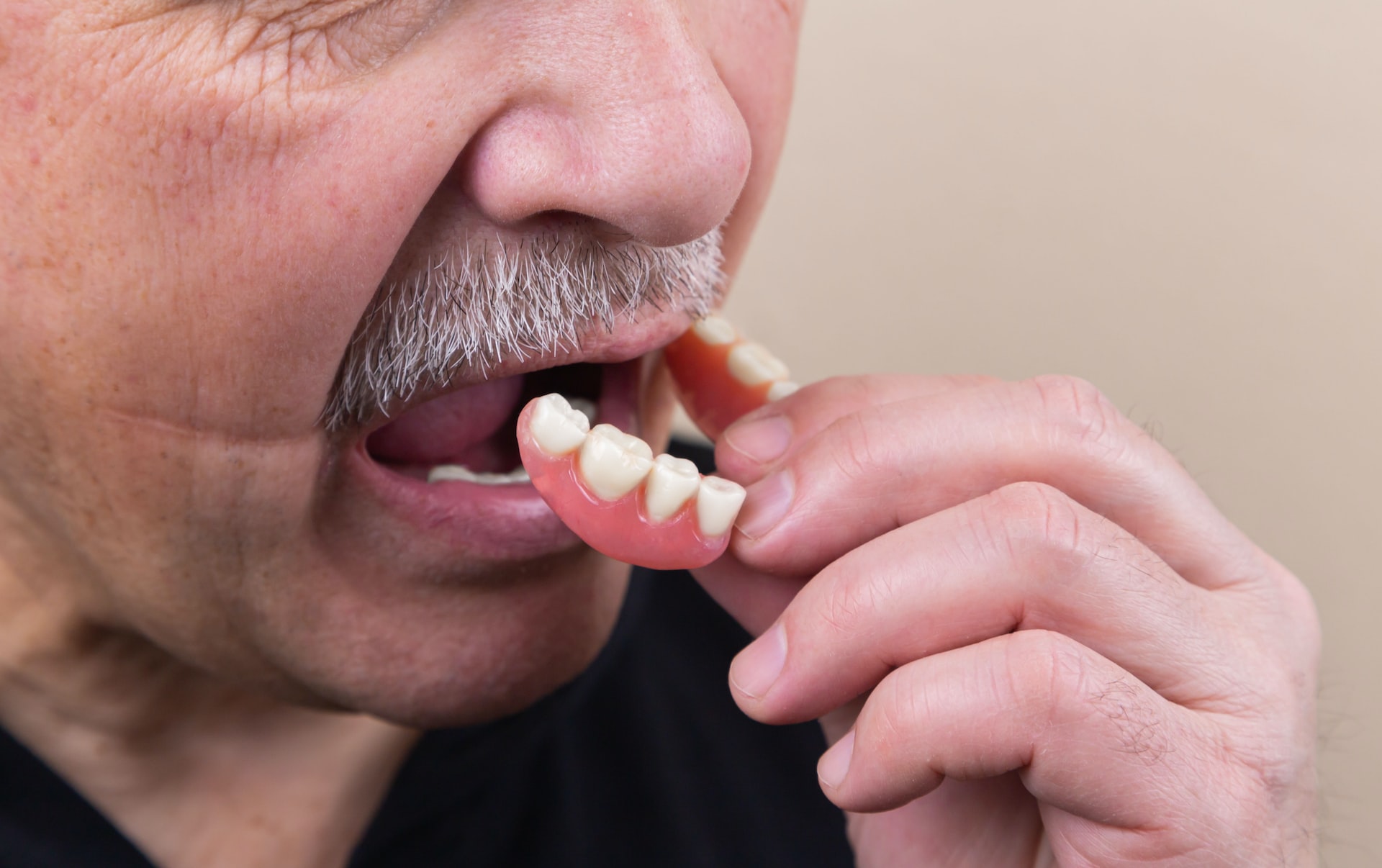Dentures are an excellent treatment option for users with lost or missing teeth because of the host of benefits they offer compared to other alternatives. These benefits include comfort, easy maintenance and flexibility in the sense that they can be removable, temporary or permanent. While your dentures will ultimately require replacement, they should last between an average of 7 to 10 years with proper care. Fracturing your replacement teeth can be an extremely troublesome situation since you rely on dentures not only for eating, but you also require them to smile, talk and generally live life the way you’ve grown familiar with. So keeping them safe often takes precedence in the minds of its wearers. Occasionally, we can be negligent with the items we depend on most, causing accidents to happen. A simple search for denture repairs near me should provide you with some good options.
With that thought, here are some common reasons why dentures break
Wear and Tear
This is probably the most typical reason why aged dentures break down. Since your dentures undergo stress as much as your natural teeth would, it is reasonable that wear and tear also affect them over time. The portion of the denture’s framework most likely to break off is its pink acrylic component. As the acrylic portion weakens, chewing increases its flexibility which can cause small chips, cracks or a full break. Depending on the extent of the crack, your dentures may require a simple repair or complete restoration if completely broken.
Accidents
Dropping or banging your dentures on a hard surface like the ground or sink can break them. A tip for reducing the severity caused by accidental dropping is to lay down towels on the sink or bathroom counter so as to provide a less harsh landing spot for them or simply placing them in protective coverings when not in use. This helps to keep your dentures intact and reduce the frequency of cracks.
Improper Fit
Your replacement teeth can break if they are too loose or tight. Excessively loose dentures can change positions frequently, which can cause breaks or cracks. Conversely, dentures that are extremely tight can break or crack from unnecessary pressure. If you observe little changes in the fit of your false teeth, contact your denturist immediately to address the issue. You may also opt to switch to permanent dental implants because they do not slip, do not have odors, and do not cause sores or rubbing the way dentures do.
Isolated Teeth
Isolated teeth are more likely to break off the acrylic base of your dentures. Although dentures are designed to hold your teeth, constant chewing or the strength of your bite can exert great pressure on your denture or its framework and cause it to snap off or break in half.
Clasps Breaking:
Clasps are generally made from gold or SS (stainless steel) and designed to hold your dentures firmly to your natural teeth. Although the clasps can be modified by an orthodontist, their design doesn’t support bending or any form of distortion. Constant inserting and removing can add pressure onto the clasp of your dentures. Carefully and slowly take out or put in dentures with clasps to avoid breaks. Visit your dentist immediately to ensure that broken clasps have been properly fixed.
Conclusion
Since you use your dentures for everyday activities, breaking them might be inevitable. When your dentures do break, remove and assess the severity of the damage, store them in a bag or container to avoid further breaks, and immediately have them repaired by an expert or professional.



 Bitcoin
Bitcoin  Ethereum
Ethereum  Tether
Tether  XRP
XRP  USDC
USDC  Solana
Solana  TRON
TRON  Lido Staked Ether
Lido Staked Ether  Cardano
Cardano  Avalanche
Avalanche  Toncoin
Toncoin